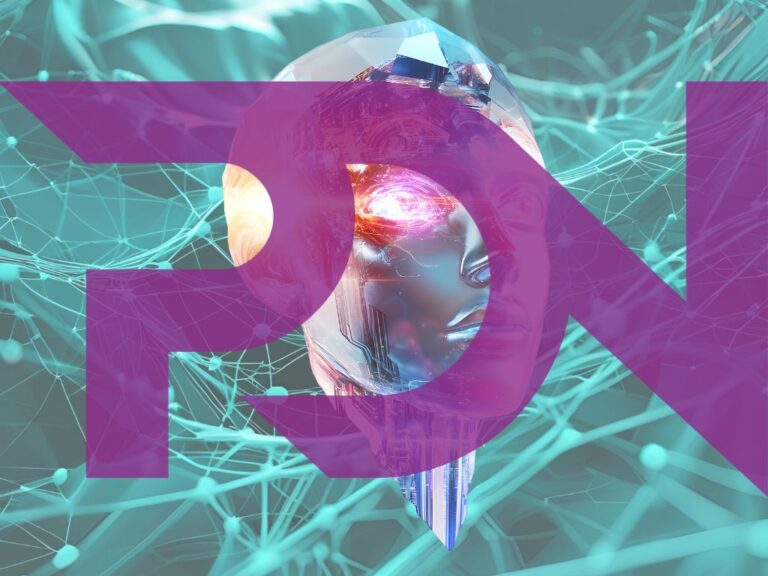The emergence of conversational artificial intelligence is profoundly changing the way content is consumed and monetized on the web. Traditional models based on classic SEO and paid advertising are now challenged. Audience flows are fragmented between intelligent search engines, social platforms, and voice assistants. In this context, web actors must rethink their visibility, authority, and monetization strategies to remain relevant and profitable. This article explores the major themes of this transformation: channel diversification, AI optimization, new partnerships, economic innovations, and ethical issues shaping the future of online content.
With the swift adaptation of digital behavior, a multi-channel strategy is becoming essential. Online marketing is no longer limited to SEO clicks on Google. Social media like TikTok, YouTube, Instagram, and podcasts are now major drivers of engagement. This diversification reduces dependence on traditional search algorithms and allows for reaching broader and more segmented audiences.
The concept of brand authority is taking on a new dimension. To be cited in AI responses, and especially in particularly in conversational assistants, a credible and recognized internet stature is required. This involves optimizing online reputation through a strong media presence, increased visibility on social media, and the production of content validated and referenced by reliable sources. Thus, brand reputation becomes a central strategic asset, reinforcing the trust of users and platforms.
The new tactics of Answer Engine Optimization (AEO) and Google Entity Optimization (GEO) are based on careful content structuring. This involves integrating formats that are suitable for direct integration into AI responses: clear FAQs, numerical data, summary tables, and complete metadata (e.g., Schema.org). These formats facilitate recognition, extraction, and citation by AI systems, thereby improving visibility.
The use of specific formats such as llms.txt or equivalents is emerging to guide source attribution, a key issue in ensuring fair recognition of original content in language models, even if this format is not yet supported by major Internet actors.
Content must be concise, clear, well-structured, and geared toward providing direct answers to user queries. This approach promotes inclusion in AI snippets and voice assistants, which have become the new audience vectors.

Establishing a presence in the AI ecosystem requires strategic partnerships with tech giants. Google, Microsoft, mostly via ChatGPT, and others are developing attribution or commercial redirection tools such as shopping buttons, conversational product descriptions.
For instance, BackMarket has redesigned its product pages to adopt a natural, conversational tone, optimized to appeal to ChatGPT and generate traffic via the integrated shopping button. This type of innovation demonstrates that brands must adapt to integrate these new touchpoints and maximize their conversion rates.
Traditional advertising models are becoming increasingly inadequate in the face of the emergence of AI. As a result, web players are developing hybrid approaches:
These models aim to create more stable revenues that are better aligned with the new reality of digital usage.
With the massive content capture by AI, many voices are calling for remuneration for original creators. According to media outlets such as the Financial Times, antitrust authorities are investigating Google, and judges are discussing possible splits or revenue-sharing mechanisms to compensate authors.
This could lead to a legal redistribution of the profits generated by AI, laying the foundations for a new balance between platforms, AI, and content creators. This emerging legal framework represents a major strategic challenge for the future of the web.

Pioneering players are leading the way by adapting their websites early on for better AI ingestion:
Beyond economic considerations, it is essential to ensure the reliability of content in the face of increased risks of misinformation. The race for excessive optimization (SEO spam, AI over-optimization) threatens the quality and credibility of the web; AI often extrapolates from real information, creating what is called AI hallucination. At the moment, it is impossible to distinguish real information from hallucinations, apart from personal vigilance.
SEO experts insist on a return to strong ethical standards, where human value, rigorous fact-checking, and transparency become the pillars of a sustainable web.
The web is undergoing a profound paradigm shift. Traditional monetization through advertising and clicks is giving way to a hybrid model based on licensing, subscriptions, brand reputation, and compatibility with artificial intelligence. The players who are able to reposition themselves by optimizing their content for AI, forging partnerships with platforms, innovating their financial models, and strengthening their image will be the winners in this new era.
For content creators, this transformation is a major challenge, but also a unique opportunity to redefine the very notion of value on the web in a world dominated by artificial intelligence.
We’ll be back in August with a summer theme: how to get through summer without security breaches ? In the meantime, if you have a movie, series, software, or e-book to protect, don’t hesitate to call on our services by contacting one of our account managers. PDN has been a pioneer in cybersecurity and anti-piracy for over ten years, and we’re sure to have a solution to help you. Happy reading, and see you soon!
Share this article